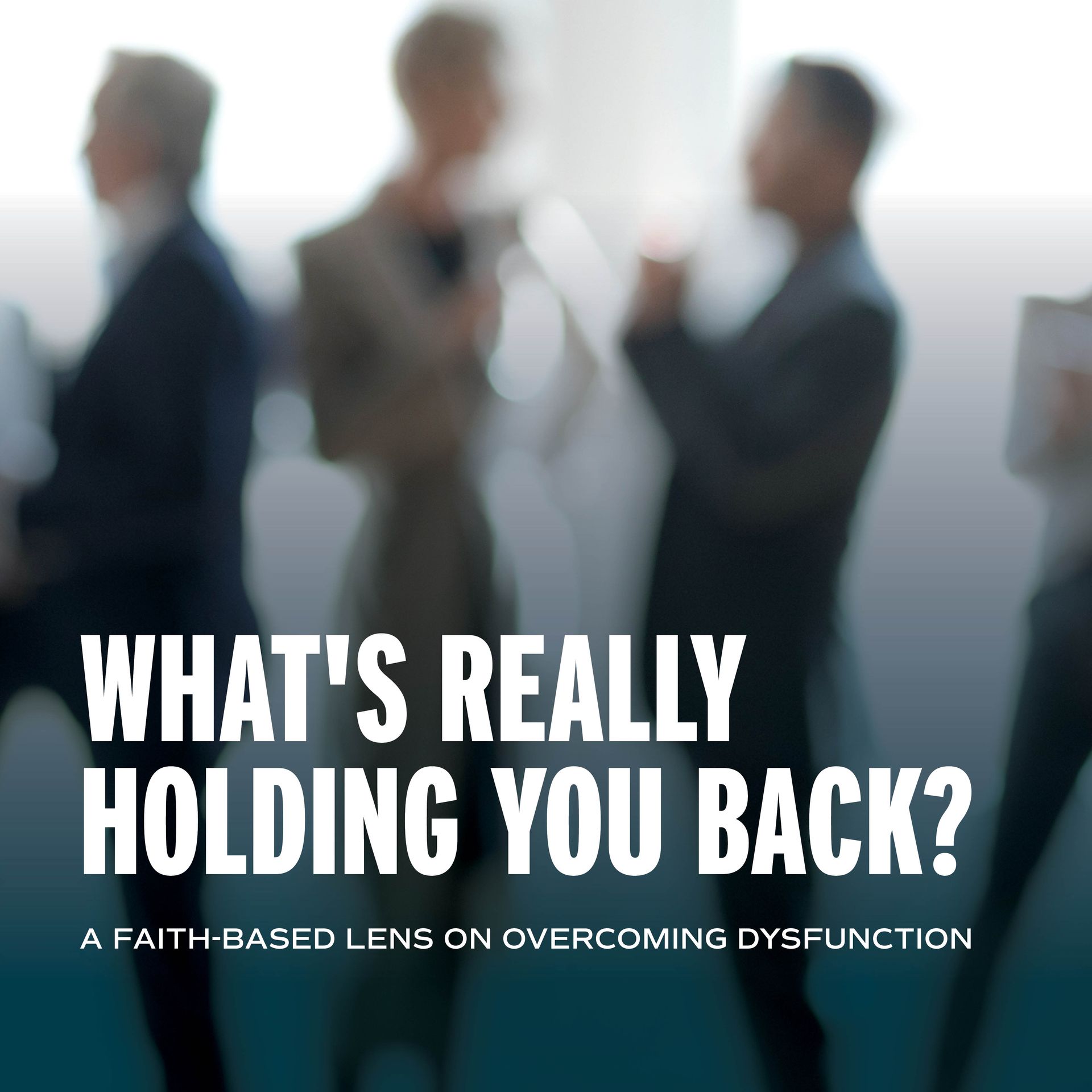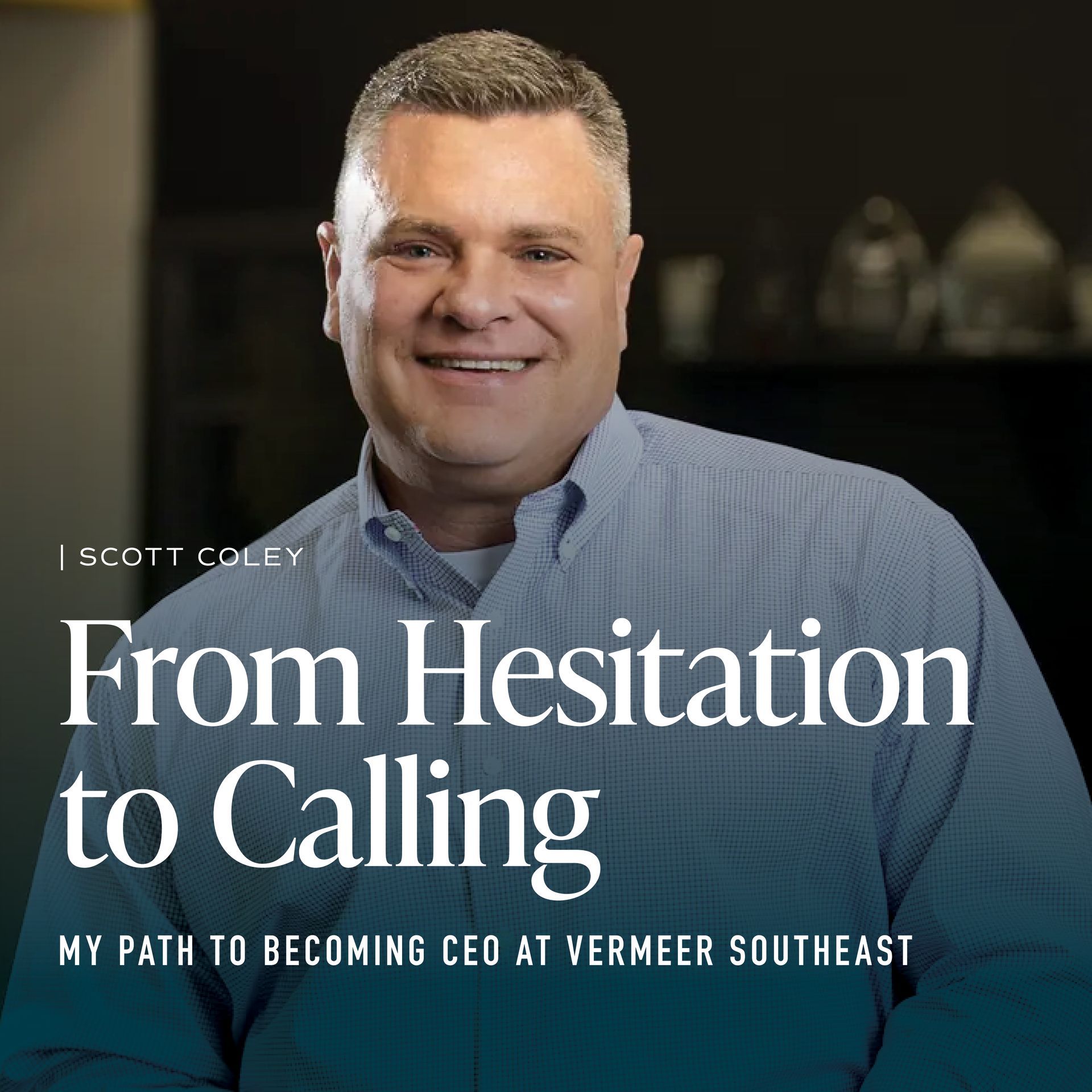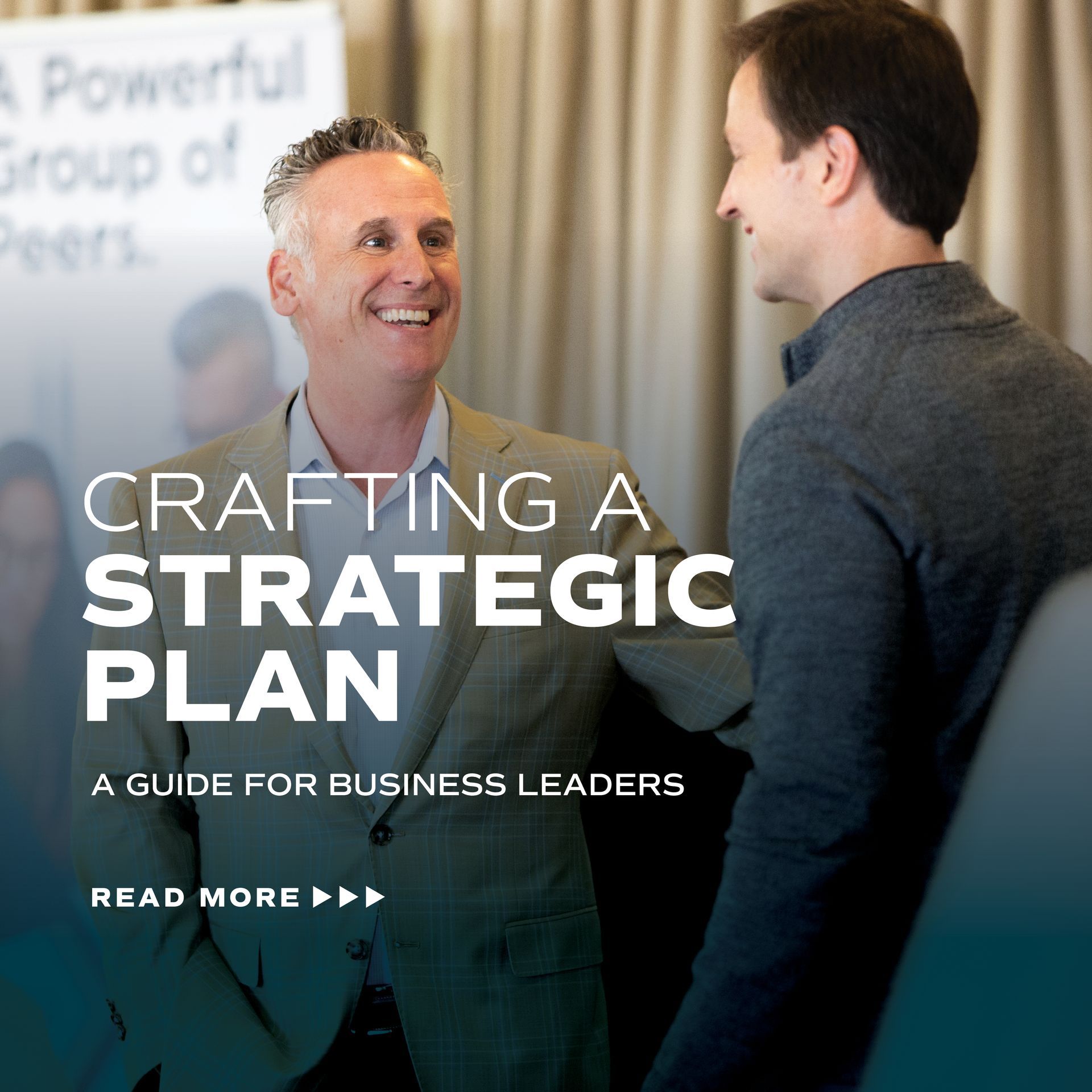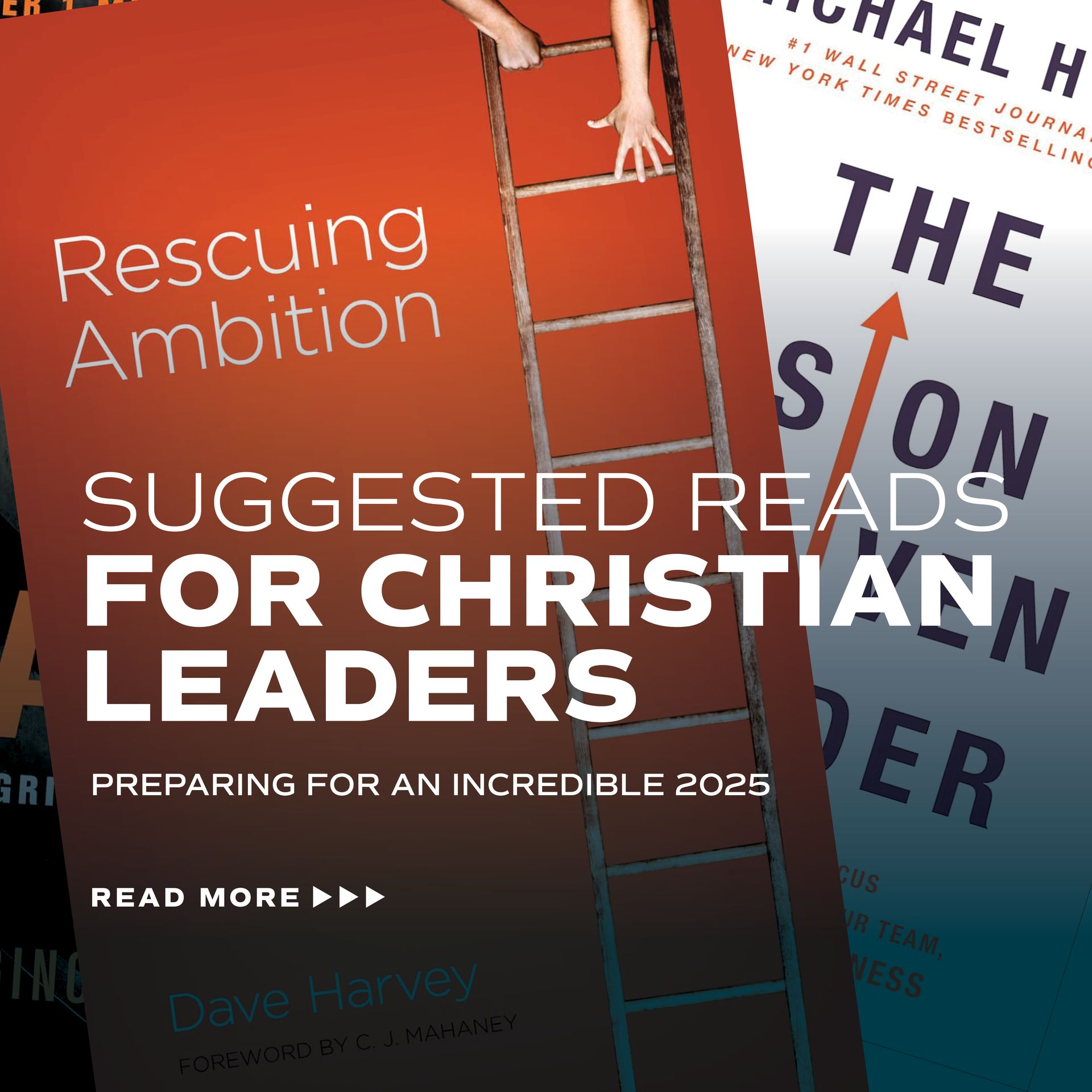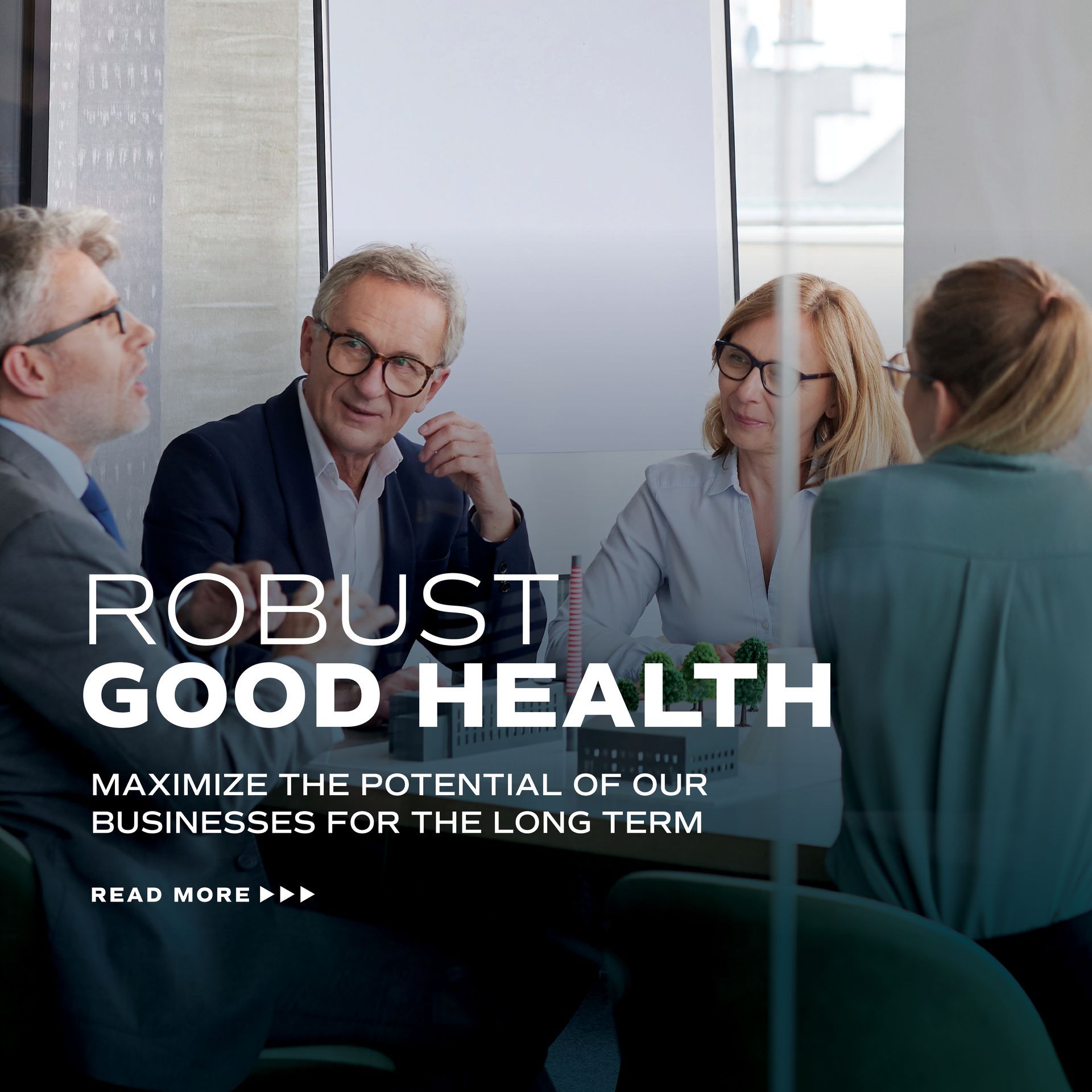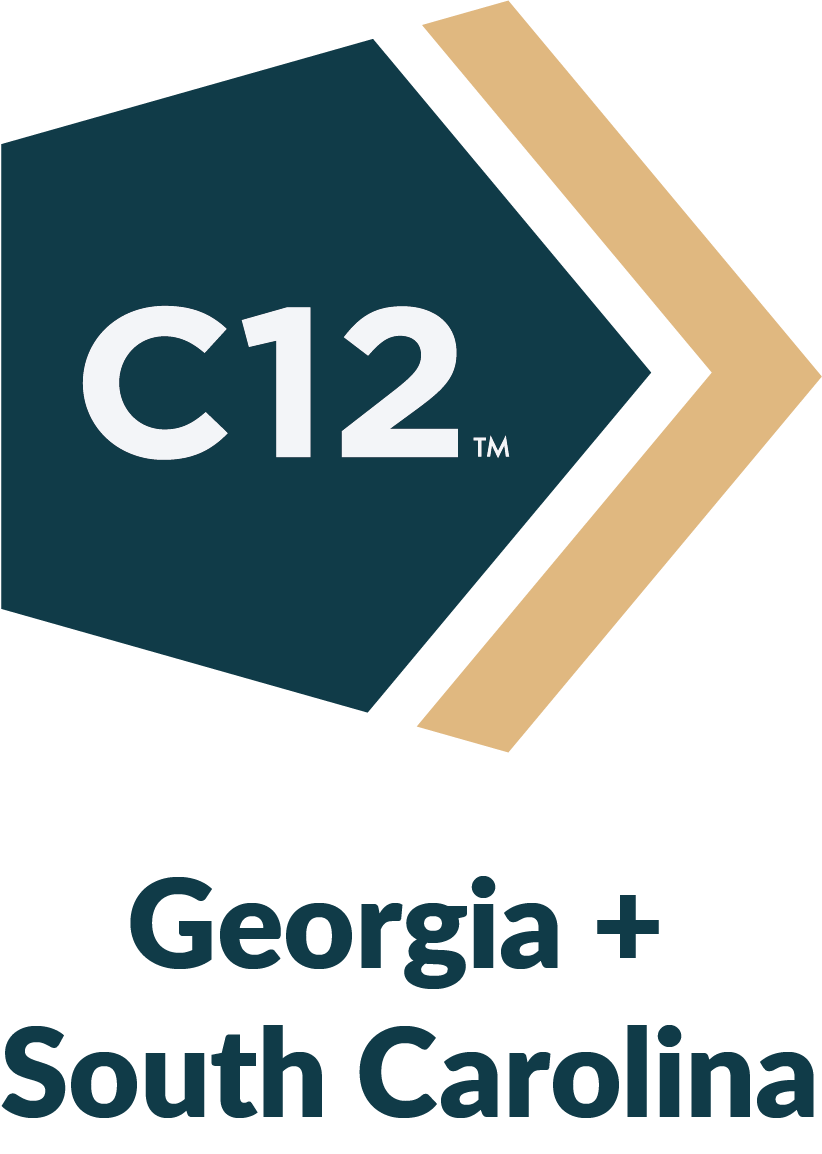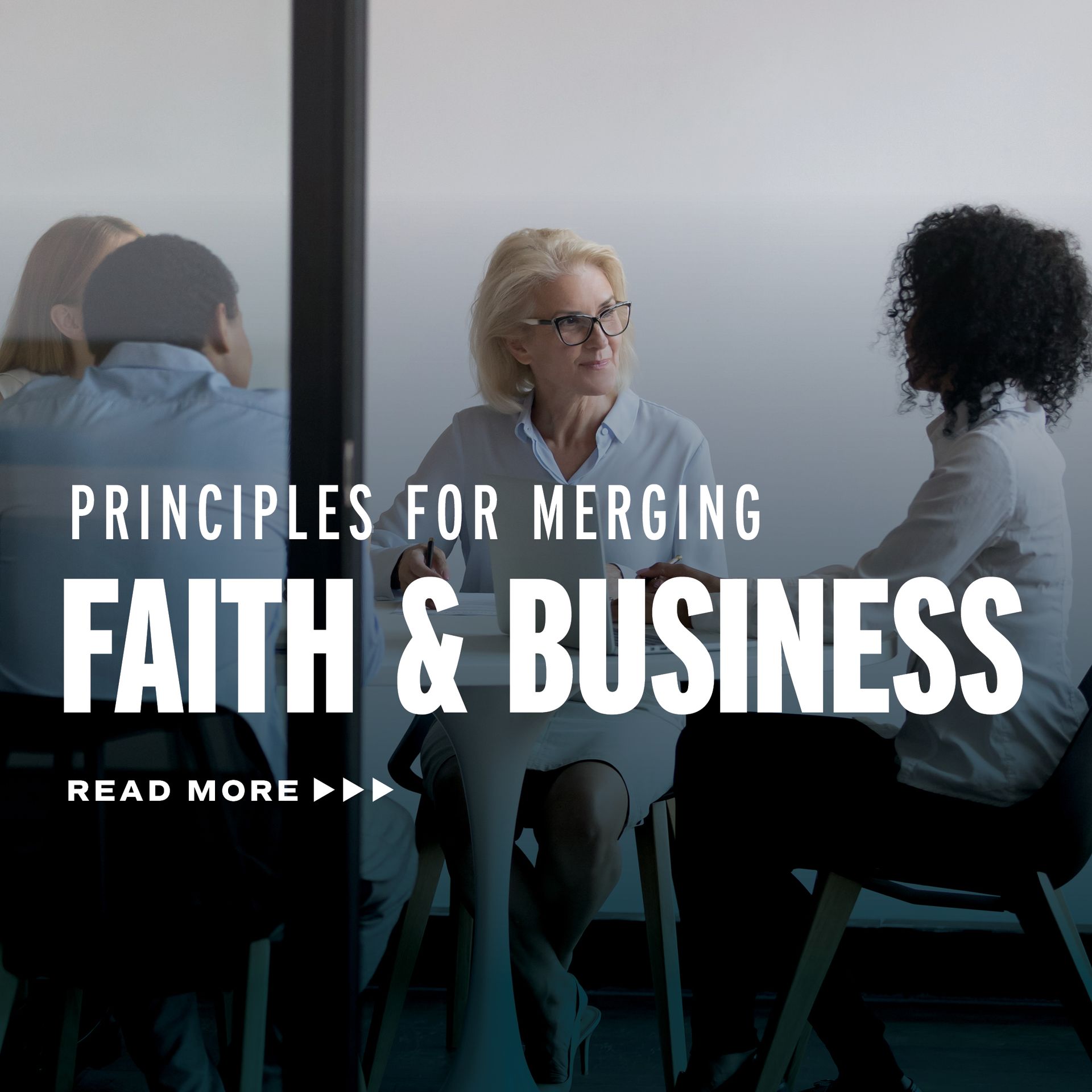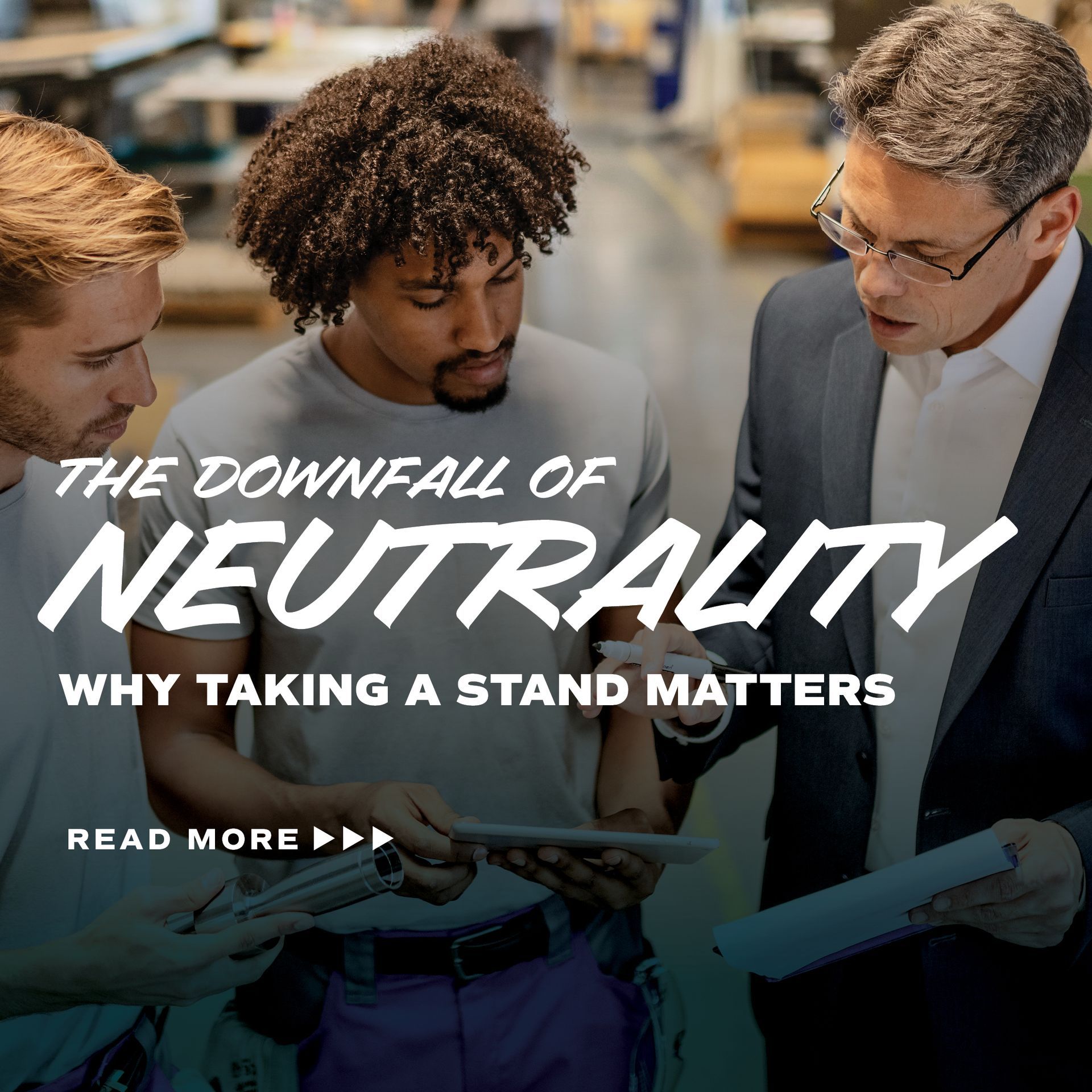CONTACT US
How Big is Big Enough?
Sustainable Scaling
As executives, we want to build profitable businesses, produce outstanding products and services, and increase revenues. But in our modern culture, it can be easy to succumb to the idea that bigger always equals better.
As we seek to build God’s Kingdom rather than our own, we must examine our companies beyond the lens of financial growth. When it comes to scaling our businesses, the question we should be asking is, “How big is big enough?”
DEFINING SUCCESS
God is not opposed to business growth. In fact, his encouragement to grow goes back to Genesis 1. But Jesus also warned his disciples in Mark 8 that it is possible to gain the whole world and yet lose their souls. As Buck Jacobs put it, “Not all success is a gift, particularly when it costs you what is most important.”

As we consider business growth, we do so with the desire to keep God’s priorities above our own. There are other responsibilities more important than our work, including our relationship with Him, our relationship with our families, and our role in His Kingdom. When it comes to scaling, we must remember our goal is to make an impact beyond the bottom line.
In his book Small Giants, Bo Burlingham explores companies that have prioritized other business goals over financial growth. Their business leaders rejected the pressure of constant growth in favor of other important business goals, such as creating healthy workplaces and serving their communities.
Our success is not defined by the size of our businesses. Rather, the size of our businesses is determined by our definition of success. What size allows us to best accomplish the work God has for us?
EXAMINING OUR MOTIVES
Motives for business growth vary from person to person. Some align with God’s heart; others do not. When we consider healthy scaling, we must examine our own motives and honestly assess them.
During this process of self-examination, we may find motives that are not aligned with God’s heart and his design for our lives, but we may also find opportunities to advance his Kingdom that were previously hidden from us.
Is the pursuit of growth rooted in God’s Kingdom or our own? Would growing put an undue strain on our teams and families? Would scaling our business allow us to better care for our customers or serve our communities?
SIX STEPS TO HEALTHY SCALING
If, having defined success and examined our motives, we have determined God is leading us to pursue growth, there are six steps we should follow to scale in a healthy and sustainable way(1):
- Hire a high-performing staff. It takes a team of talented and dedicated individuals to grow our venture. A study by McKinsey & Company found that high performers are 400% more productive than the average employee(2). While it can be tempting to hire anyone to get the job done, a high-performing staff will pay off in the long run.
- Establish shared values. Many small and medium-sized companies are shaped by the founder’s personality and values. When we scale, we must clearly define our values and incorporate them into our business processes, allowing them to transition from a few individuals to the organizational fabric as a whole.
- Scale systems and processes. As our company grows, so does its structure. Decision-making must be delegated to trusted, seasoned leaders, and we must take time to onboard new employees properly.
- Watch our speed. Assess how fast we can and should grow. Many companies take on too much debt, choose the wrong partners, overburden staff, or hire the wrong people in an attempt to grow quickly. Our desire for growth should not outpace our ability to make wise decisions.
- Determine our scope. Not every area of business needs to grow at once. It can be easy to lose focus when we scale, so identify and focus on the areas that are ripe for growth.
- Secure adequate financing. Count the cost of hiring top-quality talent and scaling our infrastructure to determine what financing is necessary. Cautiously consider taking on debt and identify where we can cut costs.
RIGHTSIZED V. SUPERSIZED
There is a particular business size that is right for each of us – a size that allows us to accomplish God’s plans and purposes. Our goal is to live out the calling God has for us, remembering that we have a purpose beyond profit.
Many business questions do not have a one-size-fits-all answer, which is why it is so important to discuss them with trusted advisors. To learn more about C12 Business Forums in your area, visit c12gaandsc.com.
References
1. Lauren Landry, “Tips for Scaling Your Business,” Harvard Business School, March 7, 2019, https://bit.ly/43GAZzl.
2. Scott Keller, “Attracting and Retaining the Right Talent,” McKinsey & Company, November 24, 2017, https://mck.co/3x3E8wN.
